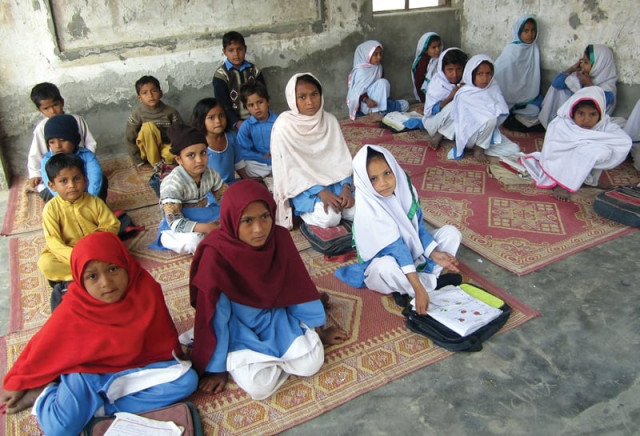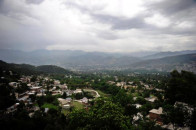Public education: ‘School councils need to be made more effective’
Elementary Education DPI <br /> says floods delayed provision of missing facilities.

The dialogue was organised by the Consumer Rights Commission of Pakistan and Ilm Ideas on role of district and tehsil school councils.
The dialogue focused on sharing findings of a project aimed at establishing school councils at tehsil and district level to empower parents and local communities as consumers of education.
“In the rest of the world, primary and elementary education is supported by communities, in terms of guidance, control and accountability and not just the government,” he said.
Siddique said that the department had earlier launched a project to provide missing facilities at government schools including toilets, electricity, boundary walls and drinking water.
“The department had planned to complete the provision of missing facilities in 99 per cent of schools before the floods delayed the project,” he said.
Siddique said that solar panels were being provided to some schools that did not have electricity.
Giving a presentation on the project, CRCP manager Mudassar Alam said there was an absence of input from students’ parents in school councils.
“School councils have been in place in some form or the other. However, there is gap between the consumers and providers.
Under the project, the outreach of school councils were expanded to education department officials at the tehsil and the district level,” Alam said.
“There is a lack of capacity and also access in terms of connecting parents and communities with authorities that are responsible for ensuring provision of education to our children,” he said.
He said the aim of the councils was to address the capacity deficit that was present amongst parents and community representatives in understanding the issues that affected schools and the quality of education.
He said that the project was implemented in schools of Jhelum, Gujrat, Gujranwala and Mandi Bahauddin districts. “Through these school councils, 524 applications were generated and 200 meetings were held with education department officials,” he said.
“As a result of the meetings, 123 schools benefitted,” he said.
Alam said that the councils tried to address provision of missing facilities such as boundary walls, up-gradation of schools and rationalisation of teachers.
Published in The Express Tribune, September 18th, 2014.



















COMMENTS
Comments are moderated and generally will be posted if they are on-topic and not abusive.
For more information, please see our Comments FAQ